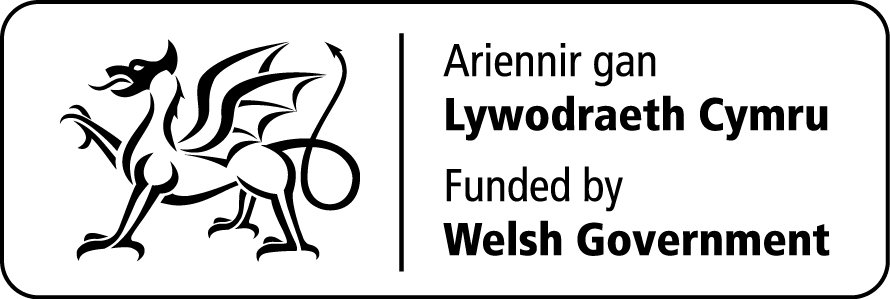How Dangos works
Dangos is here to help people make sure that they get the financial help that they’re entitled to. That includes benefits from central and local governments, as well as other help that is available in Wales.
A lot of people don’t want to ask for help, especially if they’re not sure whether there is any help available.
That means that a lot of help is not used. The latest government estimates about means tested benefits shows that about 40% of the people entitled to Pension Credit don’t get it and about 20% of those entitled to Housing Benefit aren’t claiming it.
Although figures aren’t as clear for other benefits, we know that disability benefits, such as Attendance Allowance and Personal Independence Payment, are very badly under claimed.
It’s also true that there are a lot of other sources of help which are badly underused. That all adds up to tens of millions of pounds a year in Wales.
Why?
The biggest reason, so research says, is because people just don’t know about the help that is available. The next reason is because they assume that they wouldn’t qualify for it. There are many other reasons as well, including a reluctance to claim because it feels like accepting charity. That’s not true, of course, because that help has been paid for out of people’s taxes and national insurance contributions
Dangos is here to help to overcome those reasons for not getting the help that people are entitled to. Because people often don’t like going to seek advice, we want to make people that they see anyway, in normal day-to-day situations, more aware of what help is available and the type of people that it’s intended to help.
That means giving, what we’re calling front-line workers, some information and resources about the kind of help that is available and how to encourage people to make use of it. We are not going to try to turn people into benefit experts, just to make them aware of the kind of help that is around and who it’s intended for. We’ll also provide links to where more detail help and support can be found
How?
We do this in a number of ways.
Online sessions.
Dangos, through the year, will be providing free online sessions to inform people about the help available to those that they see in their normal work. The sessions will also give some practical ways to overcome people’s reluctance to take up this help.
Information pack
there are downloadable information packs which summarise the kind of help that is available for different groups of people in Wales. These also contain links to useful sources of detailed help and support.
E-learning
if people do want to learn more detail about how the benefit system works, we are also giving people 12 months free access to a set of e-learning courses about the benefits system. These courses take people through from a very basic level to the nitty-gritty detail of the benefits and how to use them
Webinars
These are 1 hour long sessions, every month, on current topics of interest. They are a presentation followed by a question and answer session. They are recorded and the recordings can be found on the Dangos forum, together with the slides of the presentation.
Dangos Forum
The Dangos forum is where all of the material from Dangos sessions can be found. That includes the slides and information packs for each Dangos session together with recordings and slides from webinars. More than though is the forum publishes a news service on what's happening in support in Wales and is a place to discuss what's happening. That includes being able to ask questions, look for resources, find help and offer support.
The sessions and registering for them
The online sessions will be available using Zoom, our preferred system, and Microsoft Teams where, for example, organisations aren’t allowed to use Zoom. The sessions last three hours and include the opportunity for discussions and sharing experience as well as case studies. The sessions will be available in mornings, afternoons and some evenings plus some Saturday slots. They will be available in English and Welsh, as are the information packs and some of the e-learning courses and there can be some online sessions delivered using British Sign Language and other languages, where there is demand.
Session dates and webinar events are available for registration using Eventbrite and can be accessed here.

